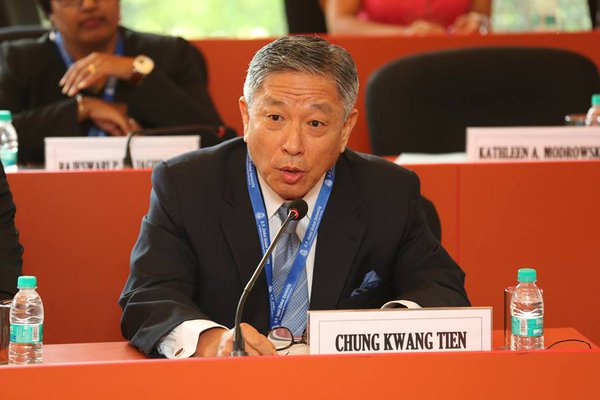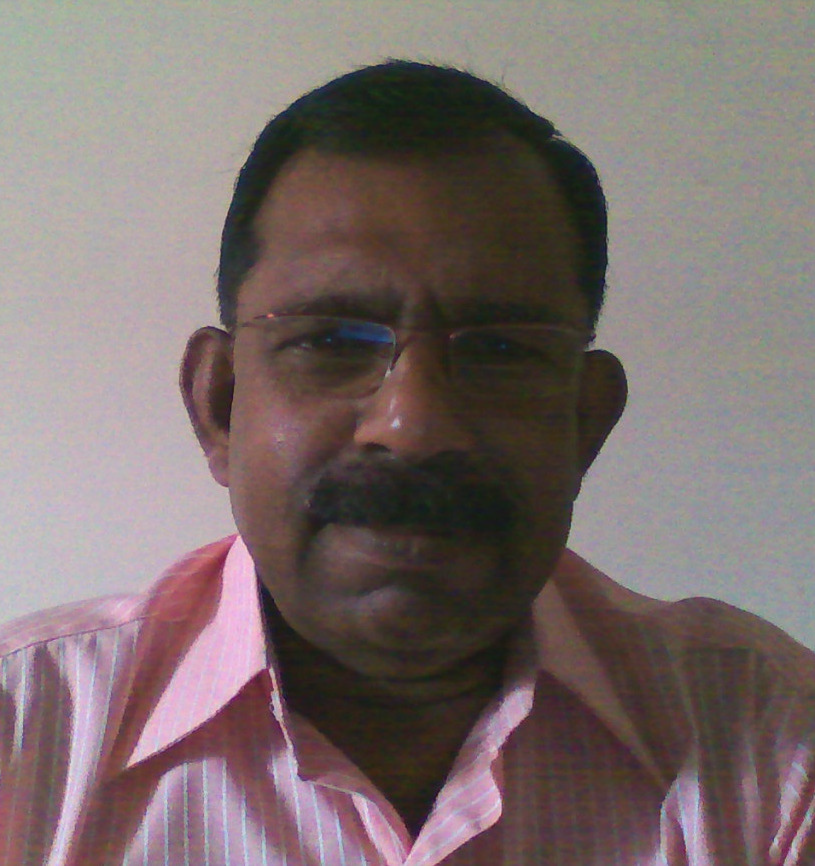By
Jose Kalathil
Taiwan has sought participation in the World Health Assembly 2017, to be held from May 21 to 31, the registration of which ends today.
Chung-Kwang Tien, Representative of the Taipei Economic and Cultural Center in India, said that according to the constitution of the World Health Organization, “The enjoyment of the highest attainable standard of health is one of the fundamental rights of every human being without distinction of race, religion, politics, economic or social condition.” But, this year, the Constitution is facing a grave challenge, as Taiwan, with its 23 million people, is still waiting for the invitation to participate in the Assembly in which comprehensive health issues concerning the whole human being will be discussed and solutions attained, he said.
From the Ebola contagion in West Africa to the Zika virus cases spread beyond Latin America; from Indian Ocean Tsunami in 2004 to Nepal Earthquake in 2015, medical assistance and emergency relief supplies from Taiwan were provided generously and immediately. According to official statistics, Taiwan has invested more than $60 billion in international medical services and humanitarian aid to over 80 countries since 1996.
For the past decade alone, 151-plus medical teams were dispatched from Taiwan to 24 countries. The mobile medical teams set up makeshift clinics and conducted screenings and surgeries for the patients, while engaged technical exchanges with the local medical staff. More than 159,300 people have benefited from these efforts.
In 2003 Taiwan sent a team of mosquito specialists to São Tomé and Príncipe, an island country located west of Africa where malaria was rampant. The specialists spent years helping the African nation fight against malaria and eradicate its environmental cause. Successfully, the malaria mortality rate in São Tomé and Príncipe decreased significantly from around 50 percent in 2003 to 1.01 percent in 2015. For the first time in 2014, São Tomé and Príncipe saw zero deaths arising from malaria. A group of WHO experts, while visiting the Taiwan anti-malaria team in São Tomé and Príncipe, even touted the team’ operation center for its potential to become a training base for malaria prevention and treatment for other African countries.
With these achievements recognized, Taiwan has been supported by the international community and incessantly invited to the annual WHA since 2009. Taiwan’s positive role in WHA and WHO-organized activities is sure to have helped improve disease control and health condition of all people in the global village.
“WHO needs Taiwan to build a robust global health system, and Taiwan, along with its 23 million nationals, needs WHO as well. Over the past eight years, through WHO, Taiwan has been able to share its experiences with other countries, to report and receive timely disease-prevention information, and to better contribute to the worldwide health situation,” he said.
Taiwan’s continued participation in WHA and other WHO-related activities will further enhance the implementation of Sustainable Development Goals 3 (SDG3) by 2030 and serve the interests of all parties concerned, regardless of their political inclination, he said.



No Comments Yet!
You can be first to comment this post!